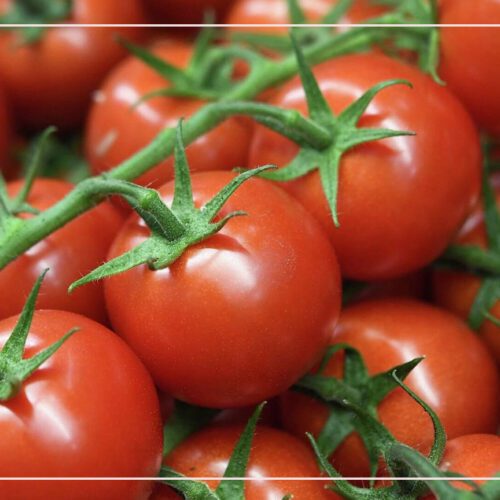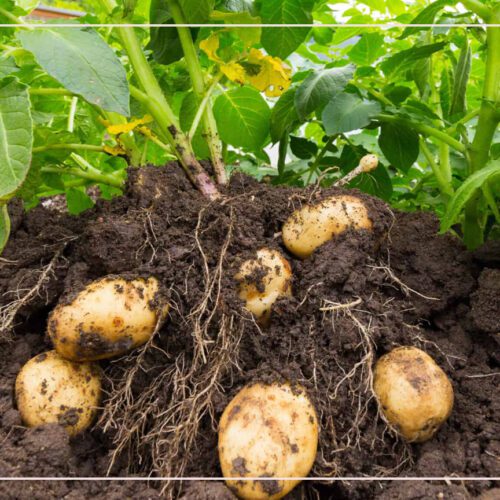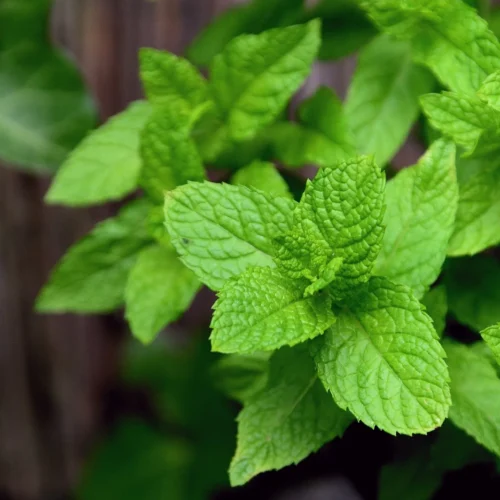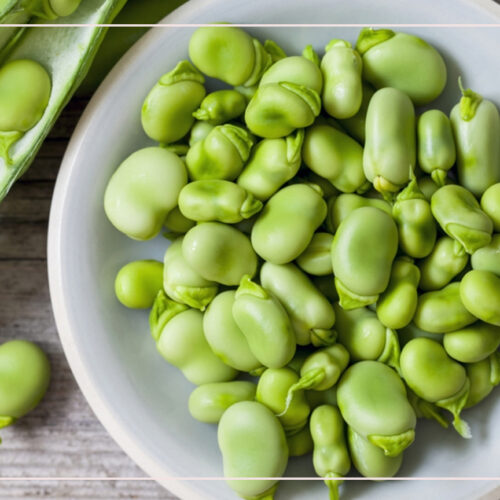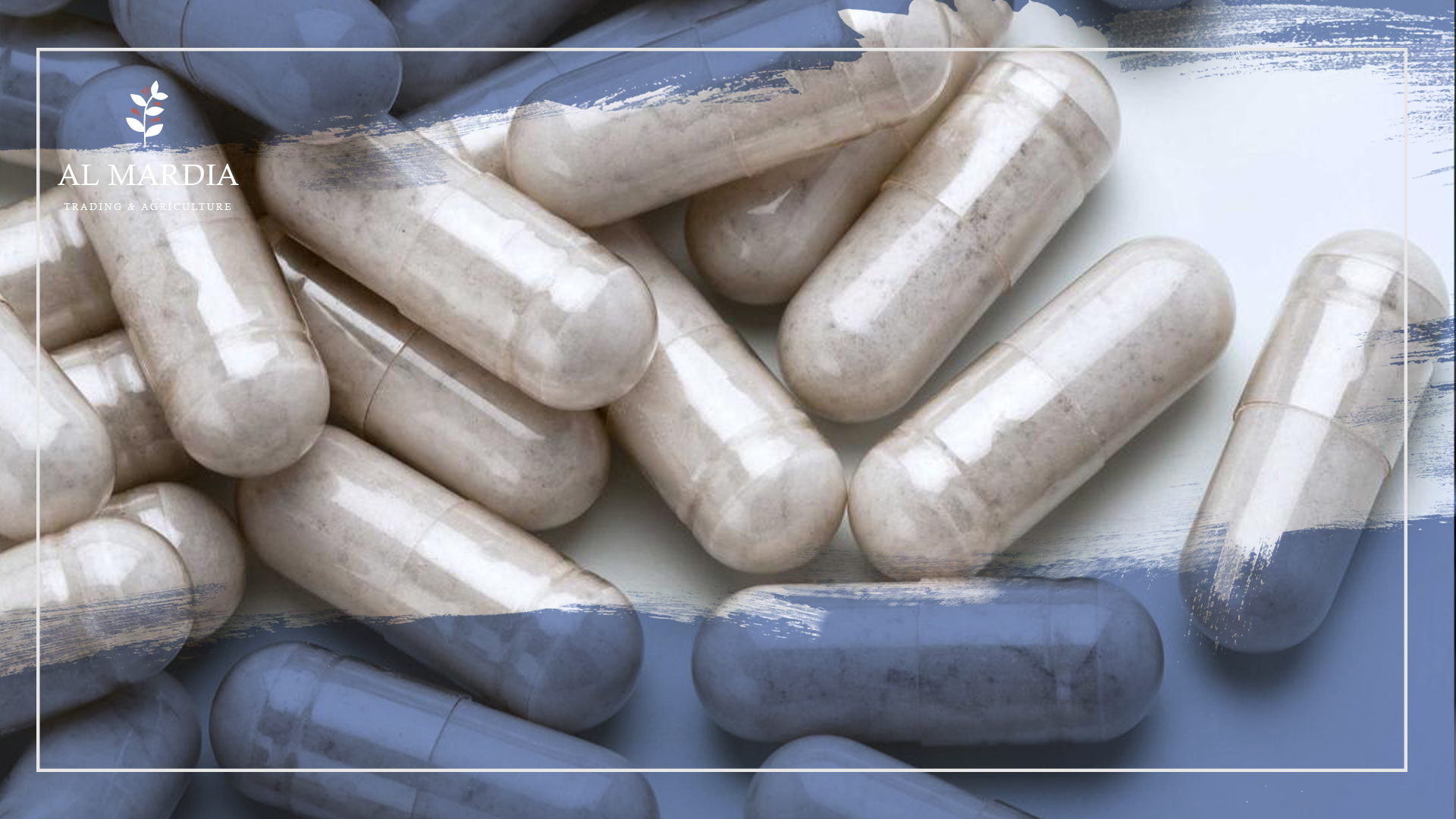
What Do You Know About Probiotics and Avian Health?
Over several thousands of years, the evolutionary process has allowed bacteria and warm-blooded animals to come together to form a closed system beneficial for both. Through various trials and errors, populations of bacteria have developed that are native to their animal host. In this article, we will spot the light on probiotics and avian healthcare.
The host organism benefits from the symbiotic relationship in many ways such as aiding digestion and producing vitamins and minerals. It also helps with preventing infection by other microorganisms, regulating water levels, and optimizing metabolic processes. On the other hand, the animal provides the bacteria with temperatures suitable for growth, and an abundant supply of nutrients and essential substances secreted by the body. The precise nature of the connection between them is such that certain bacterial populations are most beneficial to the host animal.
What is a probiotic?
Probiotics are live bacterial cultures that are beneficial to the digestive system when consumed. These bacteria, which are found naturally in the bowel of healthy non-stressed animals, can be cultured and prepared as an oral supplement or medication. Probiotics can help restore balance to the gut microbiome, aid in digestion, improve immunity, and reduce inflammation. They have been studied extensively and proven to be effective in treating a wide range of health conditions.
Recent studies in many countries have revealed the fascinating impact of probiotics on the avian’s body. It has been found that certain bacteria present in probiotic products can control and exclude other harmful bacteria, however, they are also the most vulnerable to disruption due to external stress. This phenomenon has posed a challenge for probiotic manufacturers who must ensure that their products retain their beneficial qualities even under stressful conditions. Most probiotic products typically contain naturally-occurring living cultures of particular strains of Lactobacilli and Enteric Streptococcus (Enterococcus).
How do probiotics work?
The normal bacteria found in the digestive tract of birds are essential for maintaining overall health and preventing potential infectious diseases. These bacteria, such as Lactobacillus sp., produce lactic acid, hydrogen peroxide, antibiotics, and other substances that help to protect the bird from harmful pathogens. Research has shown that these beneficial bacteria play an important role in keeping birds healthy and can help reduce the risk of infection.
Normal micro-organisms produce lactic acid, which keeps the PH of the stomach and intestines in a low, acidic state. If these microorganisms are disturbed due to stress, then it can cause an increase in PH.
Generally speaking, acidic conditions prevent bacterial proliferation. A rise in pH levels, however, can create an opening for pathogenic bacteria to penetrate and cause disease. Aviculturists are typically aware of such potential invaders as E. coli, Pseudomonas, Candida (yeast or thrush), Salmonella, and Yersinia.
Probiotics functionalities:
Oftentimes, these microbes behave as opportunists and cause diseases when birds become stressed. Probiotics not only reduce the acidity levels in the digestive tract but also provide multiple benefits to birds such as creating a coating of slime on the lining of their intestine which serves as a protective barrier.
Through the process of treating birds, these bacteria will colonize the bowels and replenish the beneficial microbes that have been depleted by illness or malnutrition. This can help to improve overall health, as well as increase energy levels and reduce inflammation.
-
Probiotics and Appetite stimulation
Appetite stimulation has become an increasingly important topic in the avian industry. Probiotics have been gaining traction as a safe and effective way to stimulate appetite in birds. Recent research has demonstrated that probiotics can produce digestive enzymes and B vitamins, which can help the birds get maximum nutrition from their food.
-
Probiotics and Immunity:
Recent research has indicated that probiotics can play a key role in stimulating the immune system of birds. The findings suggest that probiotics can help to improve overall immunity. As well as, it can protect against specific pathogens and viruses. This is an exciting breakthrough for avian health, as probiotics may be an effective and cost-efficient means of boosting the immune system of birds.
When to use probiotics?
-
After any stress:
Aviculturists can use probiotics to their advantage to help reduce stress-related disruptions in the microbial population of their birds’ digestive systems. Probiotics can provide a wide range of beneficial health effects. By supplementing birds with probiotic bacteria, aviculturists can help ensure that their birds remain healthy and happy.
In addition, probiotics help to maintain a balanced ratio of helpful to harmful bacteria. To maximize the benefits, it is recommended to administer them as close as possible to the period of stress or before it. This may help prevent diseases from occurring. See Psolbi
-
During breeding and molting
Breeding and molting birds require extra care and attention to ensure their health and well-being. During these times, probiotics can be an effective tool to help protect the birds from illness or other health issues. Probiotics contain beneficial bacteria that can improve the bird’s immunity system, aid in digestion, and help regulate gut flora. By utilizing probiotics, poultry farmers can make sure their birds remain healthy during the delicate stages of their lives. This helps to ensure that they are in optimal health.
In conclusion, multiple studies have shown that the inclusion of beneficial probiotic organisms in pet bird diets can bring about considerable advantages. However, further research is necessary to establish if any particular bacterial strains can colonize multiple avian species. With the vast number of species amongst domestic birds, it is not feasible to create probiotics specifically tailored to each one. Studies have revealed a great diversity in the capabilities of Lactobacilli, including their ability to adhere, secrete inhibitory substances, and persist during digestion.
Related topic
Healthy Treats For Your Pet Birds
Common Questions:
-
Do birds need probiotics?
Different species require diverse probiotic strains to be optimally healthy. For instance, canines must have canine-specific probiotics and avian must ingest avian-focused ones. Research has shown that even individual bird species have a unique colony of helpful bacteria.
-
What is the most effective form of probiotic?
It is advised to select probiotic products with at least 1 billion colony-forming units. That include Lactobacillus, Bifidobacterium, Bacillus, Saccharomyces boulardii genus, and many other types.
-
Can I give my bird probiotics?
Probiotics are an important part of a bird’s health regimen. They are safe for both young and adult birds and can be used to help re-establish normal gut flora. Especially, after various stressors such as diarrhea, stressful situations, infections, or antibiotics.

